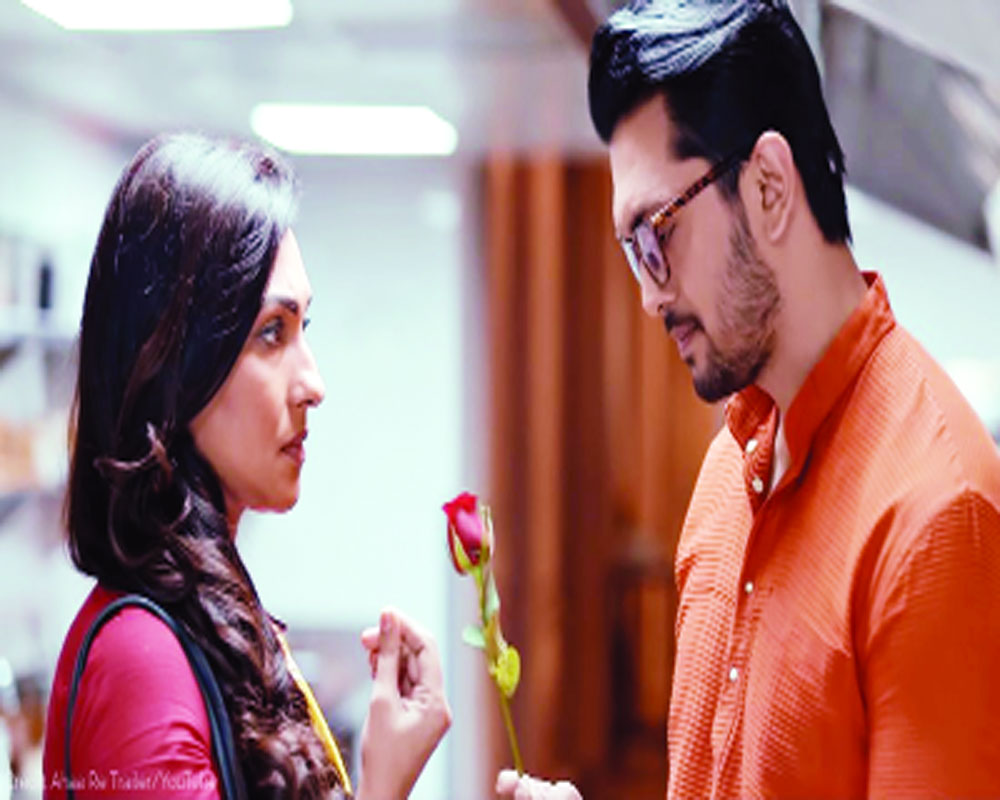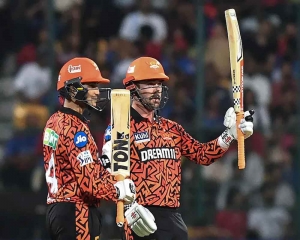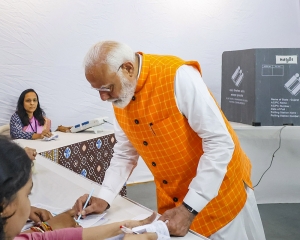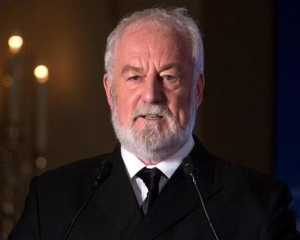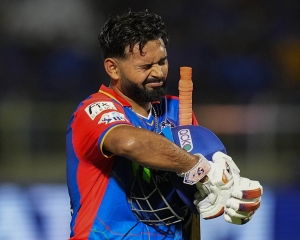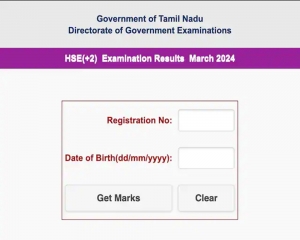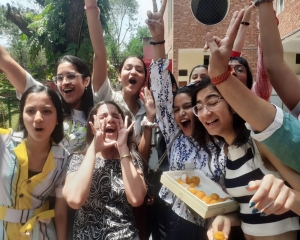Filmmaker Ranjan Ghosh tells Chahak Mittal that social taboos prosper more in the country than human relationships. And it’s time that we, as a nation, pull down the social constructs of deep-rooted patriarchy
If one digs deep into different aspects of love and marriages in India, one will come across some startling intimate accounts of how conventional practices continue to be hurdles for Indian couples. Coming close on the heels of same sex couples, age disparity too is a strong one especially when viewed through the prism of hierarchy. So an older man marrying a younger woman is ‘normal’ but a younger man marrying an older woman is a taboo. Priyanka Chopra Jonas and Nick Jonas were the recent targets of this orthodox mentality. Religion, especially given the bogey of Love Jihad, is another narrative bound to arouse strong emotions.
Bengali filmmaker Ranjan Ghosh’s recent drama Ahaa Re, a ‘most delicious love story,’ according to critics, takes inspiration from his real life story and aspirations. It is the story of a chef, Farhaz aka Raja, from Dhaka and a middle-aged woman entrepreneur, Basundhara, from Kolkata. “I discovered this story in 2014 when I was wondering about what my next film could be about. I am a great foodie and love to explore different cuisines and flavours. However, I couldn’t cook well enough to be a chef so I didn’t follow it as a profession. I can only cook everyday dishes for myself. So here, Raja is a professional masterchef whose ultimate passion is to cook. Hence, the story idea originated from food and some lost desires,” says Ghosh as he laughs.
Other things just organically fell into place in the story as the director wanted to present something that holds a “mirror” to the society. He says, “The couple in my story is divided by age disparity and religion. The young Raja is from the Muslim community and Basundhara, a middle-aged woman, has been raised in a Hindu household. Even though I have used the two factors to show the divide, I have presented it as a unifying medium. That is what I believe in. We don’t really have place for division in our lives especially when it comes to dealing with everyday aspects. It is a part of our personal beliefs but every religion lists the same rules and duties.” He adds that religion shouldn’t be a hindrance but should rather unify people.
Talking about the numerous examples of lynching and communal violence that we come across everyday, he says that it is because people use religion as the first and foremost thing to judge a person’s intent and character in India. “The moment they find out the name of a person, they will try to dig out his/her religion and their first perception would be based on a person’s religious identity. It should be the last basis of judging someone,” says he.
The director points out that our ancestors were more inclusive when it comes to religious differences as compared to today’s “intolerance.” He says, “Saying that the majority of the population in India has grown intolerant might look like I am stereotyping. However, the truth is that they indeed have. If we look at the yesteryears and even the time before Partition, there was much more harmony and peace among different communities. They had love and respect for each others’ cultural practices and festivals, which they celebrated together. For them, religion wasn’t really a barrier. It’s only now that we look at these acts of violence like killings in the name of religion, pride and honour.”
Striking a balance between rigid customs, traditions and desires in urban India could be quite strenuous. The social taboos prosper more than personal relationships and desires here. However, Ghosh feels that it’s high time that these constructs of deep-rooted patriarchy be challenged and struck off. In the accepted terminology, the girl has to be younger than the guy. But in his story, the guy is younger than his counterpart. He questions, “We are a 70-year-old country now and still following the old stringent norms of patriarchy. It’s time that we pull them down. If we wouldn’t challenge them now, then when will we do it? We need to allow women to choose their professions and partners just as much as men. We should move forward and not backward. We are still looking at 100-year-old practices. The world has moved much beyond and we need to do so too.”
As the film is set to premier at the ongoing Habitat Film Festival at the India Habitat Centre (IHC), he tells us why such festivals bring more and deserved recognition to films. “Such festivals give a lot of encouragement. They not just accommodate films of all languages under one roof and present them to a common audience but also stand as examples of how films could be. The ‘masala movie’ culture has jeopardised people’s expectations from films. However, such festivals show that films could be like this too and stand as a mirror to the society,” says he.
(The screening is at 6.30 pm on May 22 at Stein Auditorium.)













